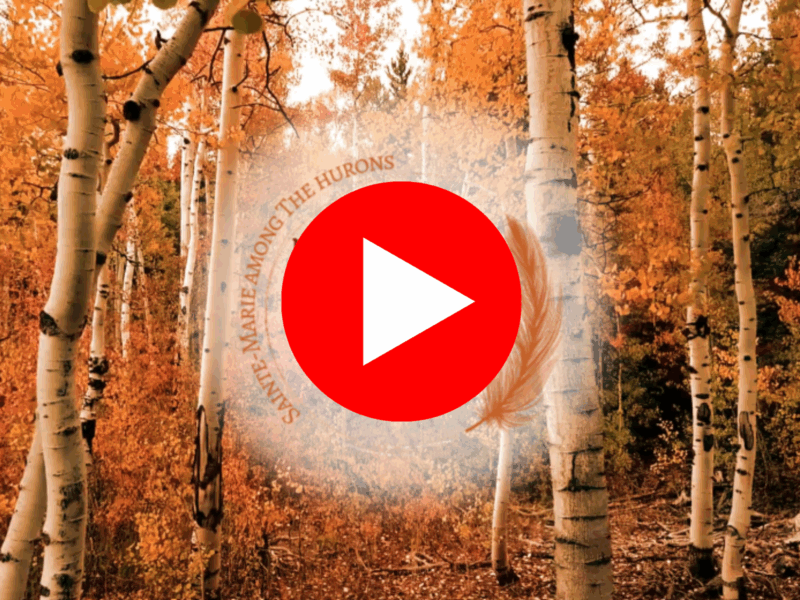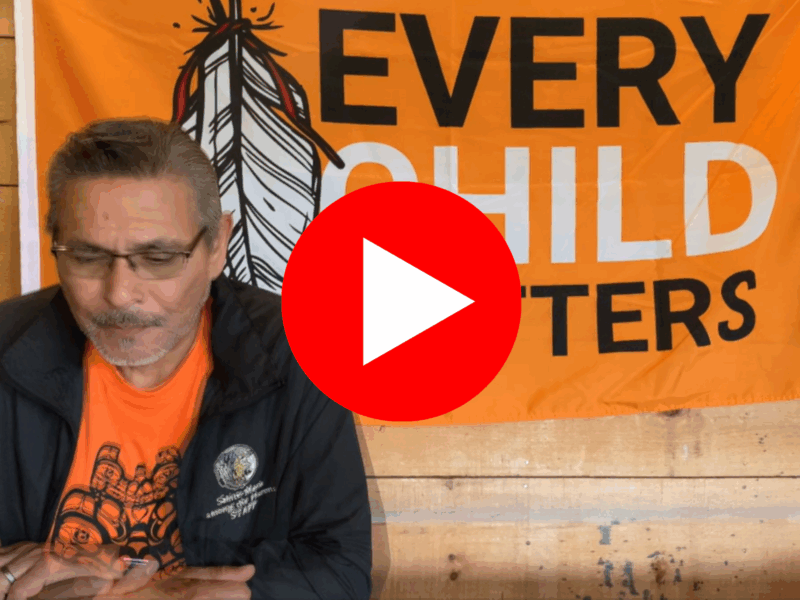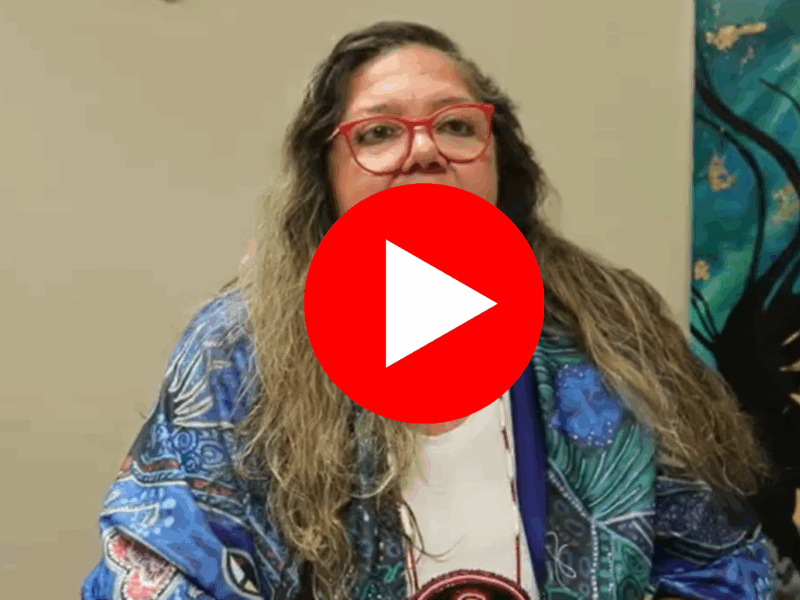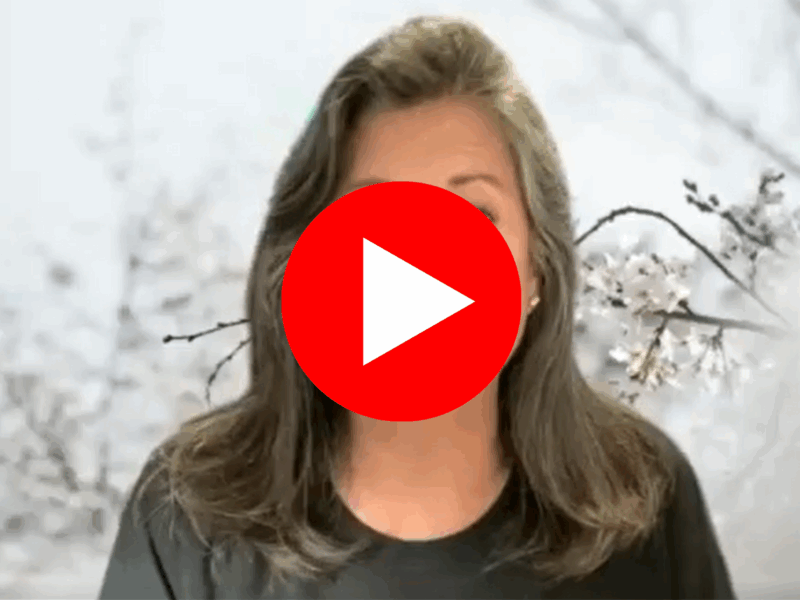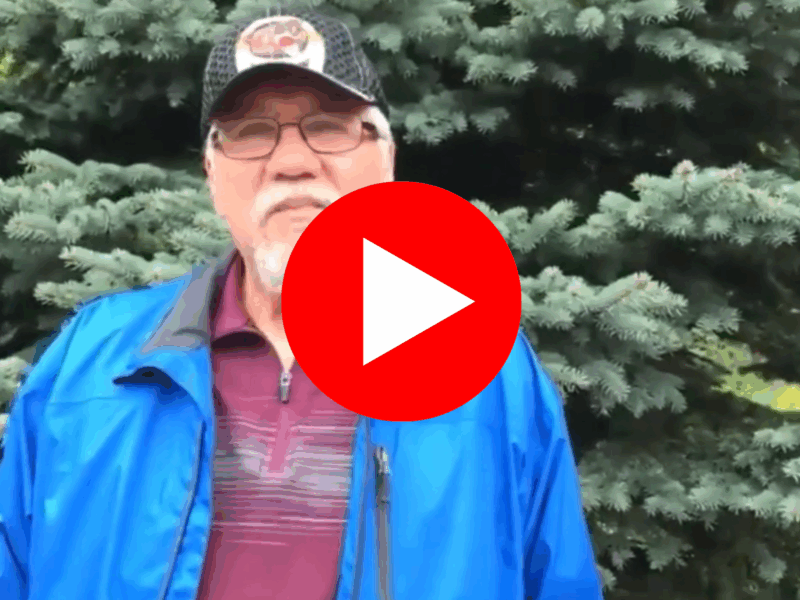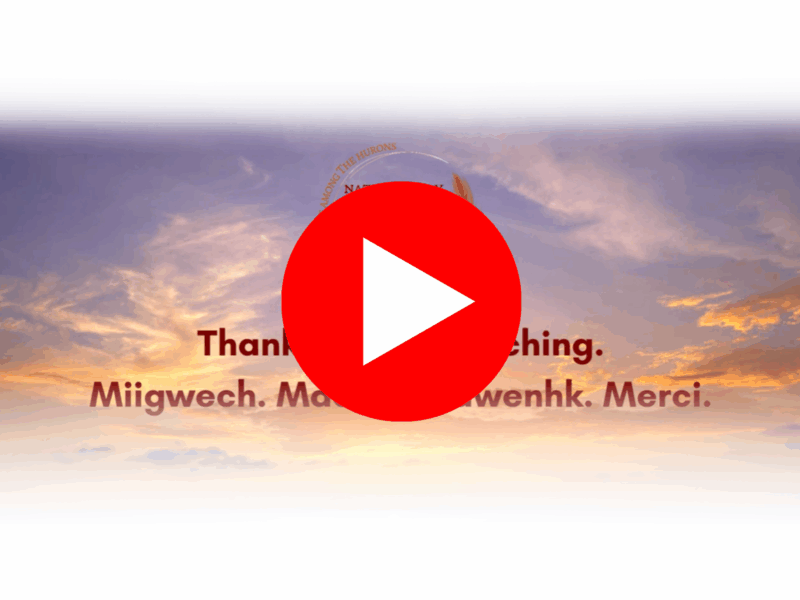Virtual Program
National Day for Truth and Reconciliation
Learn from Indigenous experts speaking about the residential school system, its effects, as well as the path toward truth and reconciliation.
This video series will be available from September 26 to October 5, 2025.
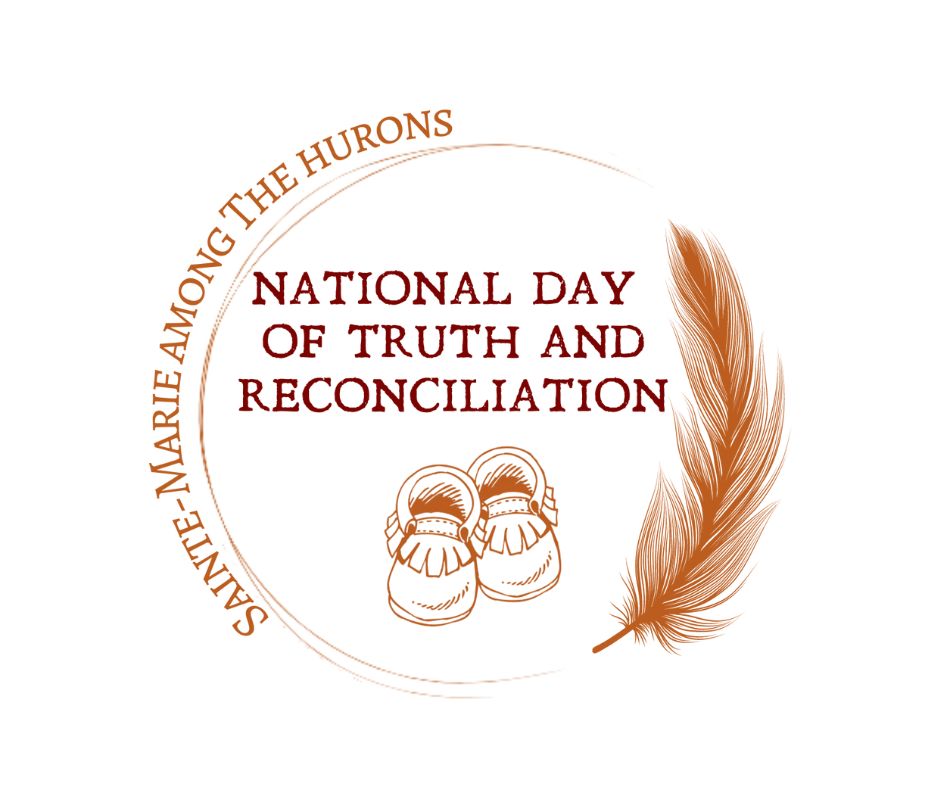
Trigger Warning: Residential School Content
These videos contain accounts and information about the history and legacy of residential schools in Canada. They may include descriptions of abuse, trauma, and loss that could be emotionally triggering—especially for Survivors, their families, and communities affected by intergenerational harm.
Please prioritize your well-being. If you need support, a 24-hour crisis line is available: Residential School Survivor Support Line: 1-866-925-4419 This line is toll-free and available across Canada to former students and their families.
About the land
Huronia Historical Parks would like to acknowledge that we are located on lands which are the traditional and Treaty territory of the Anishinabek people, now known as the Chippewa Tri-Council comprised of Beausoleil First Nation, Rama First Nation, and Georgina Island First Nation.
We also recognize that we are located on land which was once the traditional territory of the Wendat and that our community is the traditional homeland of the Métis Nation and to a large and diverse community of Indigenous peoples.
Indigenous people continue to care for this land and shape the Ontario, Canada and North America of today. Hundreds of years after the first treaties were signed, they are still relevant today.
We acknowledge that many Indigenous Nations have long-standing relationships, both historic and modern, with the territories upon which these historical sites are located, and that these relationships precede their establishment.
May we never forget these legacies, and may we learn well the lessons their descendants have to teach us about living on this Earth.
About the Truth and Reconciliation Commission of Canada
The Truth and Reconciliation Commission (TRC) provided those directly or indirectly affected by the legacy of the Indian Residential Schools system with an opportunity to share their stories and experiences.
The TRC’s mandate was to inform all Canadians about what happened in residential schools. The TRC documented the truth of Survivors, their families, communities and anyone personally affected by the residential school experience.
In order to redress the legacy of residential schools and advance the process of Canadian reconciliation, the Truth and Reconciliation Commission made 94 calls to action.
Canada has delivered on fewer than 20 of those calls to action. Learn more about the TRC and the calls to action on their website.

